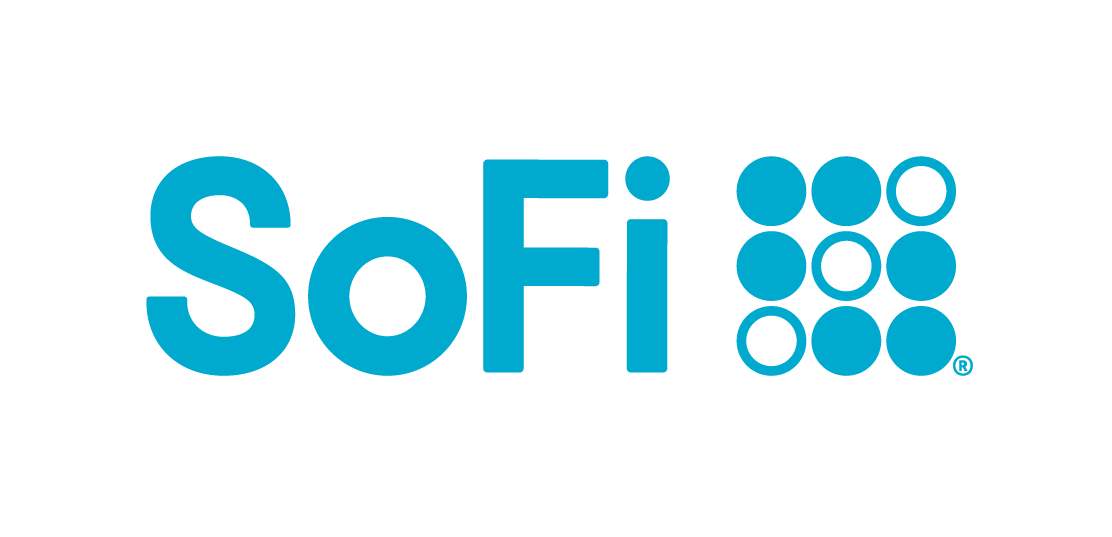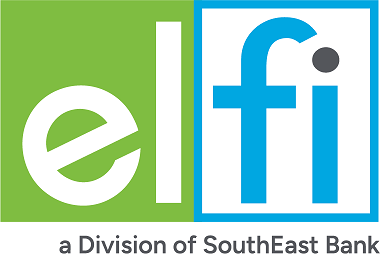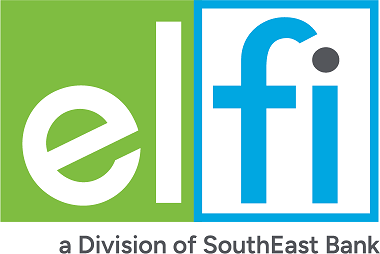If you live in Massachusetts and need help financing your college education, student loans can make a big difference in achieving your goals. For many students and their families, loans are a crucial resource for covering costs like tuition, housing, books, and other school-related expenses. While scholarships, grants, and work-study programs are helpful, they may not fully cover the cost of attending college. This is where student loans come into play.
Residents of Massachusetts often face unique challenges, such as the high cost of living and competitive college tuition within the state. Because of this, it’s important to understand all your options, from federal to state-specific loans, as well as private lenders, so you can make the best financial choice for your future.
This guide is here to take the guesswork out of the process and simplify your search. We’ll walk you through the best student loan options available to Massachusetts students, help you understand how they work, and give you tips on how to choose what’s right for your situation. Whether you’re just starting to explore your options or you’re ready to apply, this guide will leave you feeling confident and informed.
Federal Student Loans
When it comes to paying for college, federal student loans are a great starting point. Offered by the government, they include features and protections that often make them more affordable than other loan types. Here’s a breakdown of the key federal student loans available.
The 3 Types of Federal Student Loans
Direct Subsidized Loans
For undergraduate students with financial need, these loans cover interest while you’re in school at least half-time, during your grace period after graduation, and during deferment.
Direct Unsubsidized Loans
Available to both undergraduate and graduate students, these loans don’t require financial need. However, you’re responsible for all interest, even while in school or during deferment.
Direct PLUS Loans
Designed for parents of undergraduates (Parent PLUS) and for graduate or professional students (Graduate PLUS), these loans can cover remaining costs but require a credit check and often have higher interest rates.
Eligibility Requirements
To qualify, you must complete the FAFSA® (Free Application for Federal Student Aid), which determines eligibility for federal loans, grants, and work-study. Additionally, in-state students may benefit from lower tuition rates and state-specific aid that can supplement federal loans.
Advantages of Federal Student Loans
Federal student loans offer significant benefits:
Fixed Interest Rates - Rates remain constant over time, simplifying repayment planning.
Income-Driven Repayment Plans - Payments adjust based on income, ensuring affordability even with a lower salary after graduation.
Forgiveness Programs - Options like Public Service Loan Forgiveness and Teacher Loan Forgiveness provide opportunities to cancel remaining debt for qualifying individuals.
State-Specific Student Loan Programs for Massachusetts Residents
When it comes to funding your education, Massachusetts offers a variety of state-specific programs designed to help you manage college costs without overwhelming debt. The state is deeply committed to supporting its students through unique and attainable financial aid options, giving you a chance to achieve your educational goals more affordably.
Massachusetts No-Interest Loan Program
One of the standout options in Massachusetts is the No-Interest Loan (NIL) Program. True to its name, this loan comes with ZERO interest, meaning the amount you borrow is the amount you repay—no extra costs or hidden fees. To qualify, you’ll need to meet specific eligibility requirements, including being a resident of Massachusetts, demonstrating financial need through the FAFSA, and being enrolled in an eligible college or university. Repayment is straightforward, with flexible terms to make managing your post-college budget easier. This program is an excellent choice if you want to borrow responsibly without accruing interest over time.
Massachusetts Education Financing Authority (MEFA) Loans
Another valuable option for Massachusetts students is MEFA loans. The Massachusetts Education Financing Authority (MEFA) is a nonprofit organization dedicated to helping students and families afford higher education. MEFA loans come with fixed interest rates, so your monthly payments remain predictable throughout repayment. Additionally, these loans feature flexible repayment plans that can fit your financial situation, whether you’re in school or have already graduated. MEFA also makes the process stress-free by charging no application fees, ensuring every dollar borrowed goes directly toward your education.
Scholarships and Grants
Massachusetts also offers state-funded scholarships and grants to reduce your reliance on loans. Programs like the MASSGrant Program provide need-based awards for Massachusetts residents attending in-state public or private institutions. These grants can significantly lower your tuition costs, making it easier to focus on your studies without worrying about accumulating debt. Be sure to research other state scholarships and keep track of deadlines to maximize the funding available to you.
By exploring these Massachusetts-specific programs, you can access financial resources designed to minimize the burden of student debt while allowing you to focus on achieving academic success.
Private Student Loan Options
Private student loans should only be considered after you’ve maximized other forms of financial aid, like scholarships, grants, and federal student loans. Federal loans usually offer lower interest rates, flexible repayment options, and borrower protections that private loans might lack. However, if you've hit the borrowing limit on federal loans or need additional funds to cover your tuition, books, or living expenses, private loans could fill the gap.
Situations Where Private Students Loans May Be Necessary
Private student loans may be necessary in a few specific cases:
Maxing Out Federal Student Loans: If you’ve already taken out the maximum allowed amount of federal loans but still have a financial shortfall, private loans can help.
Attending a High-Cost School: Private loans might be an option for students enrolled in schools with high tuition fees or living in expensive areas.
Parent Borrowers: Parents who want to help fund their child’s education but need an alternative to federal Parent PLUS loans may turn to private loans.
Top Private Student Loan Lenders for Massachusetts Residents
When comparing private lenders, pay attention to key factors like interest rates (both fixed and variable), repayment terms, and whether the lender allows deferment or forbearance if you face financial hardship.
Local Bank or Credit Union Options
Massachusetts is home to several local banks and credit unions that provide student loans with personalized service and potentially competitive terms. Local lenders often understand the needs of Massachusetts residents and might offer lower fees or better rates. It’s worth exploring options like the Massachusetts Educational Financing Authority (MEFA) if you’re looking for a partner that prioritizes students’ long-term success.
By carefully weighing your private loan options and comparing lenders, you can find a solution that aligns with your financial goals and academic aspirations. Always take the time to research and understand your loan terms before signing the dotted line.
Unique Benefits for Massachusetts Residents
As a Massachusetts resident, you have access to unique perks and programs that can make managing your student loans easier. One of the main benefits is the state-specific programs like those offered by the Massachusetts Educational Financing Authority (MEFA), which is designed to help students and families like yours with affordable loan options. MEFA provides fixed interest rates, no application fees, and flexible repayment terms that are tailored to fit your financial situation.
Massachusetts also offers potential tax benefits for residents repaying student loans. You might qualify for a Massachusetts state income tax deduction on the interest paid toward your loans, helping you save money each year. State programs may also provide resources like financial counseling or college planning tools to guide you throughout the repayment process. These tailored benefits are meant to support your educational goals while keeping your long-term financial health in mind.
Frequently Asked Questions
Do I need a cosigner for private loans?
It depends. If you have a strong credit history or steady income, you may not need a cosigner. However, most undergraduate students applying for private student loans will require one, as they often lack the credit score or income necessary to qualify on their own. A cosigner with good credit can also help you get a lower interest rate, making your loan more affordable.
Can state loans cover out-of-state colleges?
Yes, some state-based loan programs, like those offered by the Massachusetts Educational Financing Authority (MEFA), can be used to pay for out-of-state colleges. These loans are designed to help students pursue their education anywhere while still benefiting from Massachusetts’ affordable financing options. Be sure to check the specific terms of the loan to confirm eligibility for the college of your choice.
Are there forgiveness programs available for state-specific loans?
Massachusetts does not currently offer forgiveness programs specifically for state loans like MEFA loans. However, some federal forgiveness programs, like Public Service Loan Forgiveness (PSLF), may apply to Massachusetts residents depending on your job and loan type. It’s a good idea to explore your eligibility for these options and contact your loan provider or a financial aid expert for more information.
























